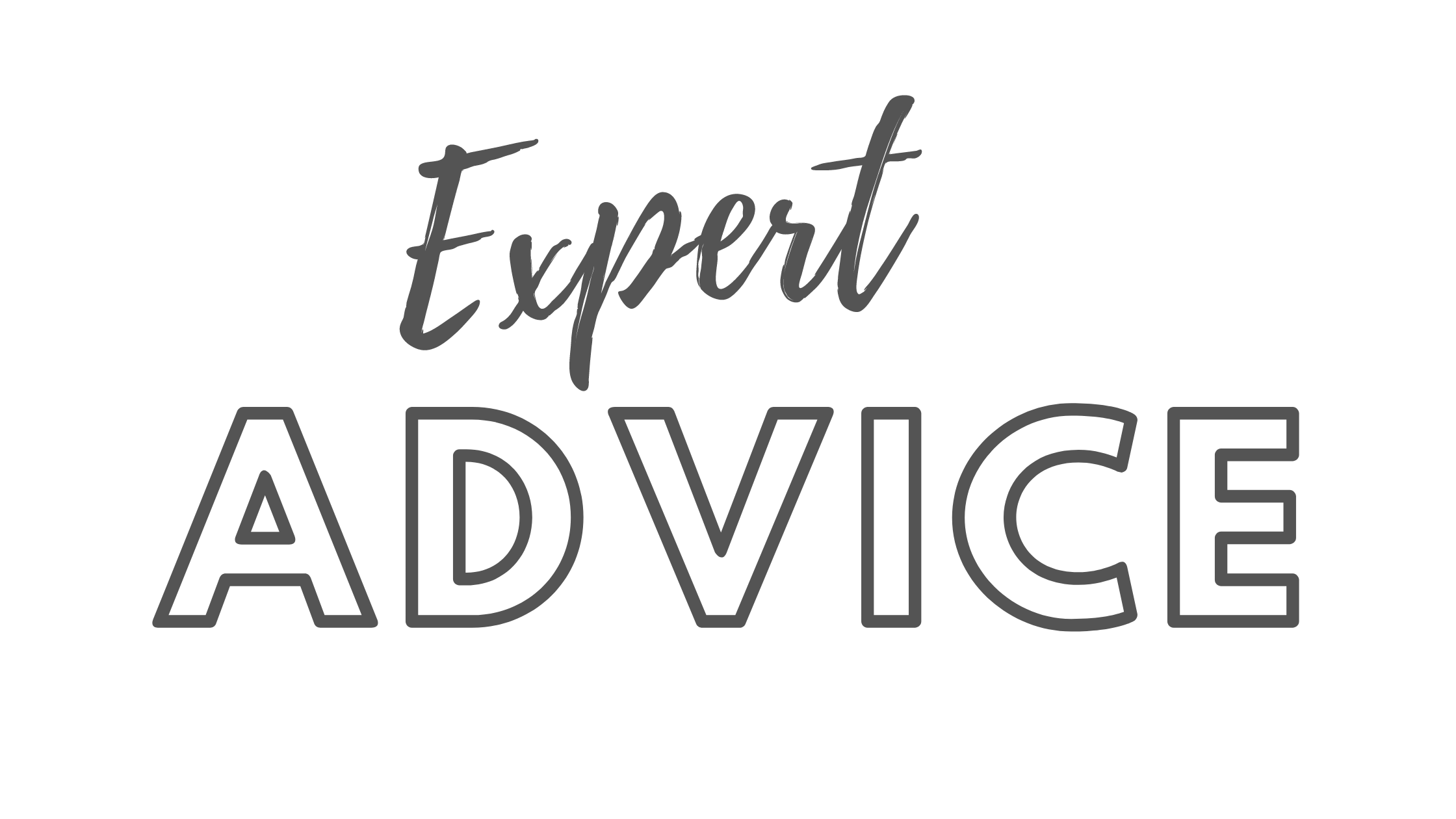Don’t Get Overwhelmed

Don’t Get Overwhelmed: Buying a home can be a paralyzing process. If you find yourself unable to sign on the dotted line, passing up one great home after another, you’re probably feeling financially overwhelmed. You know that few purchases will provide you the quality of life that homeownership does. There are plenty of advantages as well – tax breaks, rising real estate values and a stable environment for the family, just to name a few.
Listen To Your Instincts
If you just can’t seem to find the home that’s right for you, something else may be holding you back – it’s probably money and the fear of spending too much. Stretching to buy the most home you can possibly afford is a good strategy, but only under certain conditions. For example, if you’re confident that your salary will rise, your job is stable, you have the ability to handle large surprise expenses like adding another member to your household. If you’ve been pre-qualified by your lender, then your housing costs should be no more than one-third of your gross income.
But if you fear you won’t have enough in reserves should something happen, listen to your instincts. Ask your real estate professional to show you less expensive homes. If you buy less home, you’ll have more to pay down other debt and to save.
Reasonable Financial Goals
Do you have a conflict in financial goals? Whether you are planning a family, returning to graduate school, paying off a student loan, or buying a new car, your financial pie can only be sliced so many ways. Your mortgage is the largest piece; the larger it is, the smaller the other pieces. Set reasonable financial goals for paying off or adding new debt, and your mortgage won’t loom so large.
“What if” Scenarios
Do you have a fear of the future? Fear can be tamed by looking at the worst case scenarios compared to the best case scenarios. Examine the questions that are really bothering you, like “what if we can’t make our payments?” or “what happens if our home loses value?” Without a crystal ball, you can’t predict the future. But you should be prepared by setting aside savings for planned and unplanned expenses and by keeping low balances on your credit cards so you have a cushion when you need it.
Compare worst cases with best cases – “what if we manage our money so well that we can make double house payments?” or “what if our home goes up in value?”
Buy for the Long Term
You’ll be upside-down in equity for several years after buying a home, because of closing costs, so plan for that. Buy for the long term. Property can go up or down in value, but it’s more likely to stay up with proper maintenance. Rest assured that there will always be a buyer for an attractive, well-maintained property.
Buying a home really comes down to how confident you are about managing your money. If you are worried about cash flow, accelerate your credit card pay-offs and avoid creating new debt. Rebudget your expenses to pay off the largest-cost debts first. Make compromises on your wish list. Don’t be dazzled by any home that is beyond your means.
Shop in your price range with affordability in mind, and you just may find that your dream home will appear right before your very eyes.


